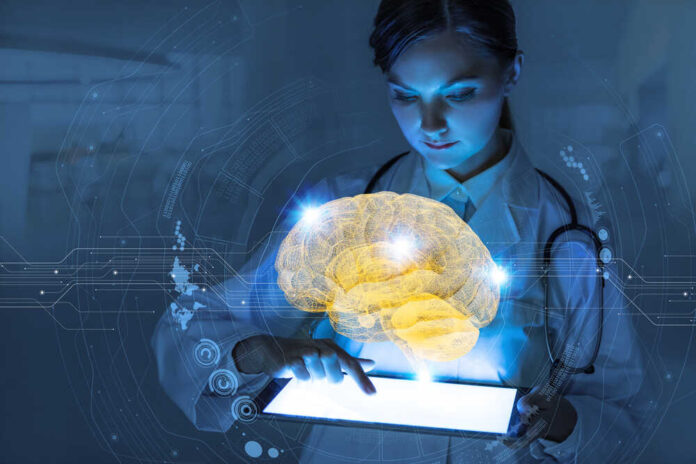
According to recent reports, experts in the field of mental healthcare are now considering the use of Artificial Intelligence (AI) in the diagnosis and treatment of mental illness, beginning with suicidal youth. The idea is to use AI as a screening tool to identify mental health conditions before they become severe and to intervene before it’s too late.
Our aim at BlueSkeye is to use #machinelearning to analyse face and voice data to help assess, treat, and monitor health, mood, and mental state.
This is desperately neededhttps://t.co/yRbkaAY4wR
#maternalmentalhealth #togetherinachangingworld #mmhaw #mmhaw23 pic.twitter.com/1JmFYvsumG
— BlueSkeye AI (@BlueSkeyeAI) May 4, 2023
It’s no secret that mental health issues are on the rise globally, and adolescents are one of the groups most at risk. Suicide is the second leading cause of death for people aged between 15-29, and everyone, or nearly everyone, is sympathetic to the cause of preventing youth suicide.
While some might argue that the use of AI is a logical step in the evolution of healthcare, others have concerns about the potential negative consequences of removing the human element from the diagnosis and treatment of mental illness.
The overindulgence of technology in everyday life are some of the reasons why mental health issues are on the rise, and further automation of the treatment process is likely to be counterproductive.
As with any significant change, there are likely to be concerns and criticisms, and in this case, there are valid concerns about the potential for misdiagnosis and overreliance on machines to make life-altering decisions. According to the World Health Organization, there are still major flaws in using AI in mental healthcare.
According to a systematic review conducted by experts from the Polytechnic University of Valencia, Spain and WHO/Europe, the use of AI in mental health research has methodological and quality flaws.
The review analyzed AI use in mental health disorder studies between 2016 and 2021 and found AI is primarily used to study depressive disorders, schizophrenia, and other psychotic disorders — highlighting a significant gap in knowledge about how AI can be used to study other types of mental health conditions.
The increased use of AI in mental healthcare could also lead to the industrialization of diagnosis and treatment, potentially resulting in the overuse of pharmaceuticals as a quick fix.
There are also concerns that the use of AI could be weaponized and used to diagnose and “treat” those with heterodox political beliefs or ideologies that are out of favor with those in power.
The idea that AI could be used to comb through social media and other online activity to identify “red flag phrases” is alarming and raises serious ethical concerns. While the idea of using AI in mental healthcare may seem promising, it’s important to consider the potential negative consequences before implementing such a significant change.














